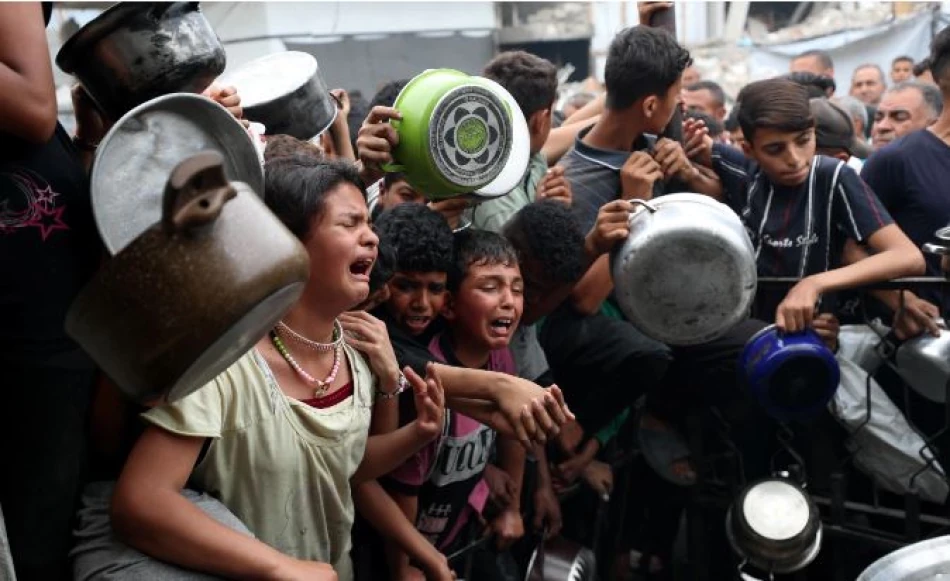
Tragic Accident Claims 20 Palestinian Lives in Gaza as Aid Truck Overturns
Gaza Aid Truck Tragedy Exposes Deepening Humanitarian Crisis
At least 20 Palestinians died and dozens were injured when an aid truck overturned in Deir al-Balah, central Gaza, as desperate crowds surged toward food supplies. The incident highlights the catastrophic breakdown of humanitarian operations in Gaza, where over two million people face severe hunger amid ongoing blockades and damaged infrastructure.
Chaos Amid Desperation
The tragedy unfolded late Tuesday night as crowds of hungry civilians rushed toward a food aid truck navigating an unpaved, damaged road. Palestinian medical sources reported that most victims were residents from conflict-affected areas suffering from severe food insecurity, killed while waiting for aid distributions.
The truck's fatal rollover occurred on roads previously damaged by bombardment and never repaired for safe vehicle passage. This incident represents the latest in a series of similar tragedies that have claimed hundreds of lives in recent months as Palestinians risk their safety to access basic necessities.
Systematic Breakdown of Aid Distribution
Gaza's government media office attributed the disaster to what it called "engineered chaos and starvation," alleging that Israeli forces prevent organized aid distribution while forcing dangerous, haphazard delivery methods. The office claimed aid trucks are compelled to use unsafe routes through previously bombed areas, creating conditions ripe for such accidents.
This systematic disruption of humanitarian operations has transformed aid distribution from an organized relief effort into a dangerous scramble for survival. The absence of secure distribution points and safe transportation corridors has made every food delivery a potential death trap for Gaza's desperate population.
Unprecedented Humanitarian Catastrophe
The scale of Gaza's food crisis has reached what humanitarian organizations describe as "catastrophic and unprecedented" levels. UN estimates indicate that more than two million people face starvation risk, with the situation deteriorating rapidly since the conflict's escalation in October 2023.
Most border crossings remain closed, with only limited and temporary openings that fail to meet the population's basic needs. This restricted access has created a supply bottleneck that forces civilians into increasingly dangerous situations to obtain food and essential supplies.
International Response Inadequate
Philippe Lazzarini, Commissioner-General of UNRWA, declared that "hunger has become the new killer in Gaza," emphasizing the urgent need for safe, unobstructed aid delivery. His call for allowing UN agencies and partners to operate freely underscores the international community's struggle to provide effective humanitarian assistance under current conditions.
The repeated nature of these incidents suggests that current international mechanisms for protecting civilian access to humanitarian aid are failing catastrophically. Without immediate intervention to establish secure aid corridors and distribution systems, such tragedies will likely continue as desperate populations compete for increasingly scarce resources.
A Crisis Beyond Immediate Relief
This truck accident represents more than an isolated tragedy—it exemplifies the complete breakdown of civilian protection and humanitarian law in active conflict zones. The incident demonstrates how prolonged sieges and infrastructure destruction create conditions where even life-saving aid becomes a source of mortal danger.
The international community faces mounting pressure to establish sustainable, secure mechanisms for humanitarian delivery that protect both aid workers and recipients. Without such systems, Gaza's humanitarian crisis will continue claiming lives through both direct violence and the desperate circumstances it creates.
Most Viewed News

 Sara Khaled
Sara Khaled






